[ad_1]
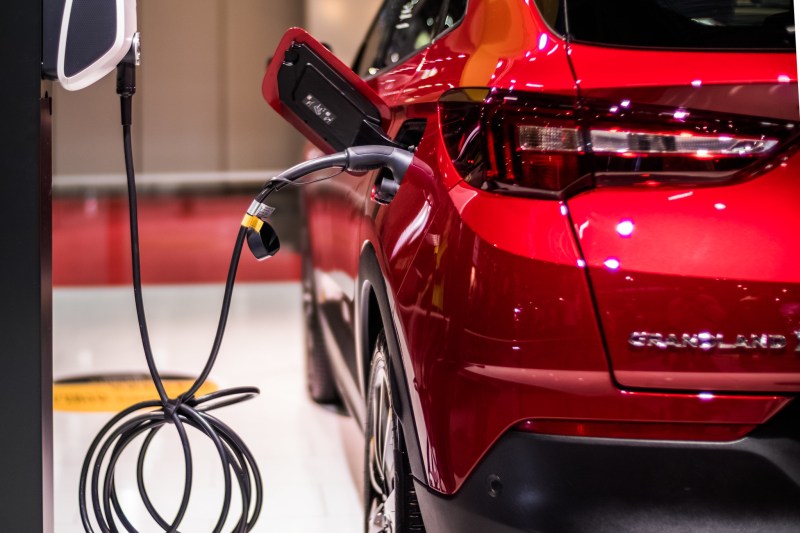
Have high gas prices or environmental concerns obtained you contemplating switching from gas-powered to electrical autos? Consumer Reports discovered that evaluating electrical autos and conventional automobiles, EVs are typically inexpensive than their gas-powered cousins over the lifetime of the car. What can also be true, nonetheless, is that electrical automobiles will be dearer upfront. This consists of probably larger insurance coverage charges, dearer components/repairs, and better state registrations. Should you’re contemplating buying an EV, make sure that to look into how a lot electrical automobiles are actually going to price you.
Contemplating elements to hidden EV prices akin to EV charger set up prices and questions like how a lot does EV charging price? We’re looking at the true price of EVs past the MSRP.
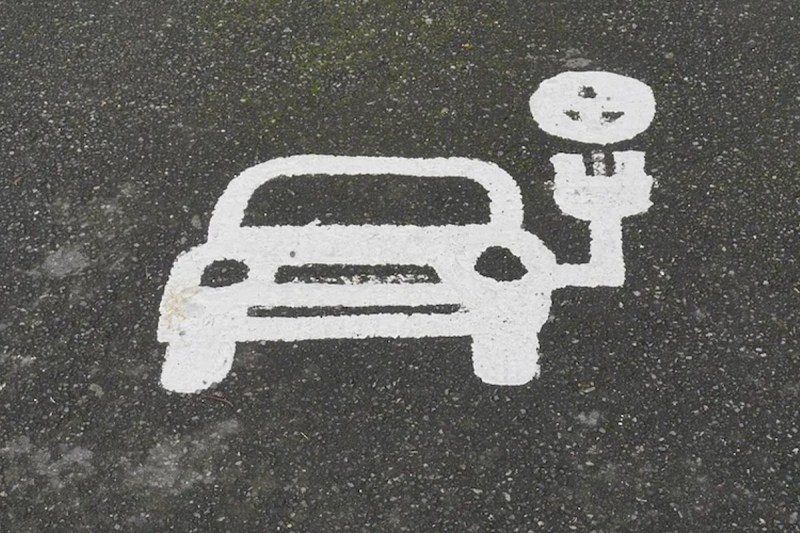
Electrical autos price extra and costs are rising
A current comparability by automotive buying database iSeeCars confirmed that electrical car costs are rising — quickly. In accordance with analysis, EV costs confirmed a 54% enhance from 2021 to 2022 whereas gas-powered automobiles rose solely 10%. To evaluate this rise, iSeeCars analyzed over 13.8 million used automotive costs, evaluating autos offered between January and July 2021 and bought between January and June 2022.
A number of elements are driving sticker costs up. A world chip scarcity has led to very large manufacturing shortages industry-wide, sending retail prices by the roof. Increased gasoline costs have led to elevated demand for EVs, which, in response to primary economics, drives costs up.
Cox Automotive, the mum or dad firm of the auto worth information Kelley Blue E book, said the “common transaction worth” for electrical automobiles was $65,291 in September 2022. On the identical time, gas-powered autos have a median transaction worth of about $48,100. Whereas prices could be cheaper over time, that’s a big upfront funding to earn these financial savings.
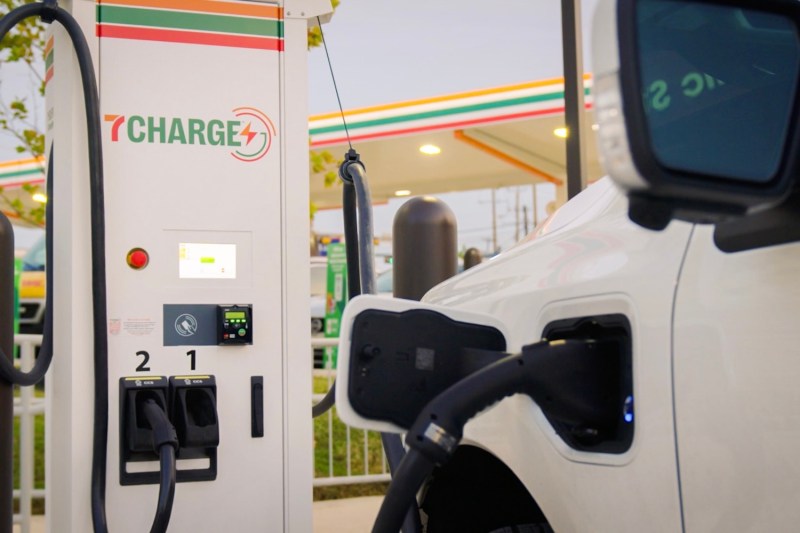
EVs depreciate quicker
All automobiles lose worth when you drive them off the lot — it’s only a reality of life. Nonetheless, some research have proven that electrical autos depreciate quicker than customary gas-powered automobiles. According to the Nationwide Car Sellers Affiliation (NADA), whereas EVs save drivers an awesome deal on the price of charging vs. the price of gasoline, EVs lose nearly twice as a lot worth after 5 years than gasoline automobiles. NADA mentioned the common lack of an EV is $43,515 vs. a $27,833 depreciation for a daily automotive.
As with all the things in life, there’s an exception to this. Whereas many EVs are likely to lose worth quicker, Teslas have trended within the reverse method, with the Mannequin 3 holding its worth rather more than different EVs.
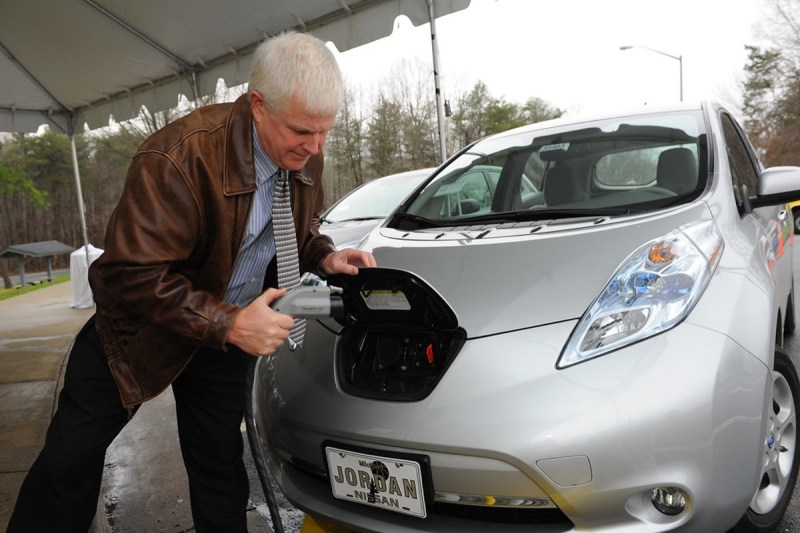
Increased insurance coverage charges
MoneyGeek’s analysis of automotive insurance coverage premiums for 17 present electrical automotive fashions confirmed that EVs price 15% extra to insure than inside combustion engine (ICE) autos. In evaluating corresponding EV and gasoline automotive varieties, this analysis confirmed a 6% to 40% enhance in price. Moreover, 15 of 17 EV mannequin insurance coverage charges had been above a comparative nationwide common.
As to why EVs have larger insurance coverage charges than ICE automobiles comes right down to know-how. Electric vehicles contain extra high-tech components — sensors, costly computer systems, and efficiency parts. These extra elements utilized in EVs additionally price extra upfront than those of their gasoline friends. Crashing or in any other case damaging the floor or insides of electrical rides is just going to be dearer to repair, making them dearer to insure.
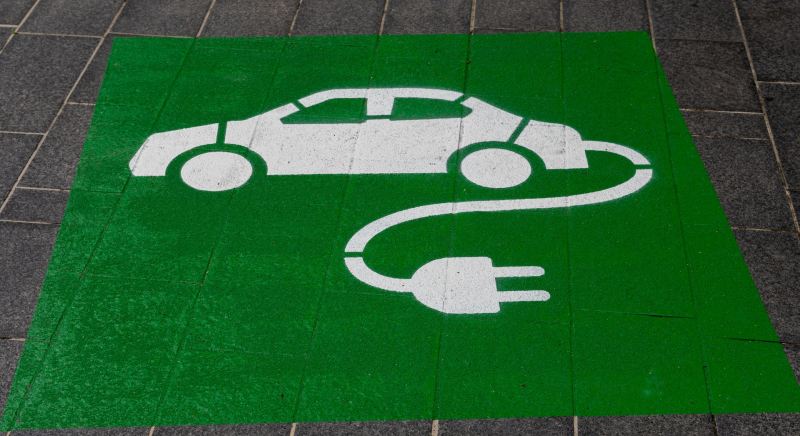
Increased registration charges
States assess gasoline taxes to assist pay for highway repairs and infrastructure points made mandatory from fixed highway use. Totally electrical autos don’t require fossil fuels to function, nonetheless, permitting EV house owners to skip out on these taxes.
Because of this, some states have tacked on supplemental registration charges for electrical autos to compensate for the misplaced income. According to the Nationwide Council of State Legislatures, 31 states cost a particular registration price for plug-in EVs, and 18 states additionally cost additional for plug-in hybrid autos. Registration charges vary from as little as $5State Legislature0 yearly in Colorado, South Dakota, and Hawaii, to $225 extra for EVs in Washington. The aim of this tax shouldn’t be solely to maintain roads rolling but additionally to function an funding in future EV infrastructure. Washington makes use of $75 of its price assessments to construct out its charging community; Alabama makes use of $50 out of its $200 annual price for increasing the charging community within the state.
These additional bills are projected to develop over time. A number of states have set registration charges to extend together with inflation-related metrics to offset the diminishing buying energy of gasoline taxes.
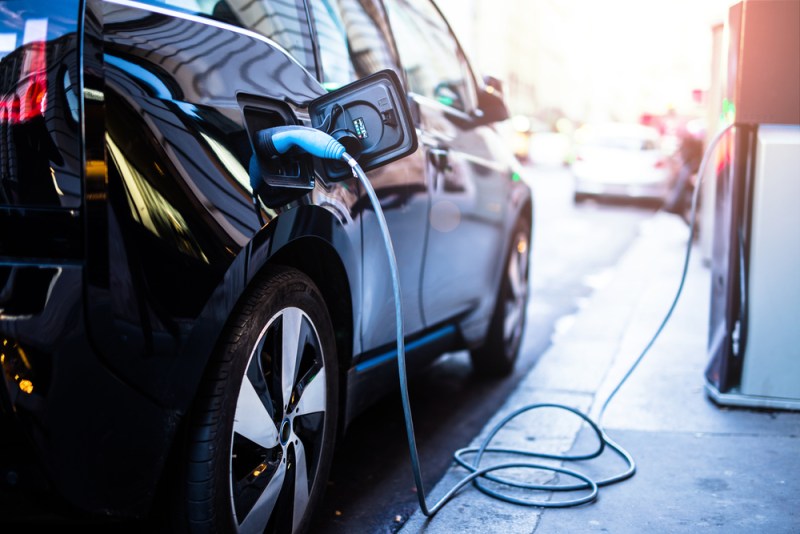
Charging time alternative prices
Whereas super-fast EV battery charging shouldn’t be too far down the highway, it nonetheless takes a median of 15–half-hour for EVs to cost at their quickest clip. That’s already for much longer than a typical journey to the pump. EV house owners charging through a Degree 1 port (e.g., a typical family plug) may need to attend from six to 12 hours to get batteries as much as desired energy ranges.
Drivers who plan to make use of EVs for lengthy commutes may lose priceless hours ready for automobiles to cost. As a minimum, proudly owning an electrical car requires time to plan how and when automobiles are going to be in use. This psychological and temporal area prices time and cash that may very well be spent doing one thing extra profitable and/or productive. This consideration shouldn’t be ignored when contemplating a big funding in an electrical car.
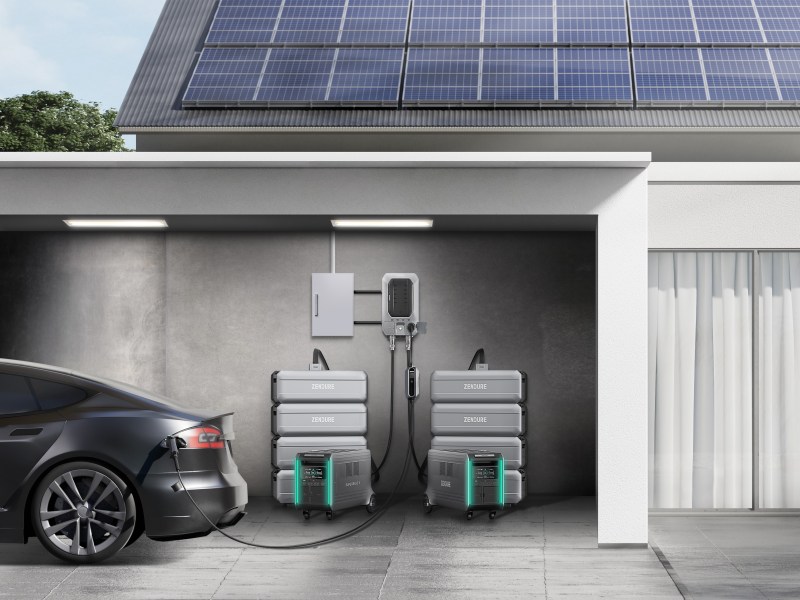
Residence charging stations
One answer to lengthy charging waits is to put in a home battery charger. Degree 2 chargers are 10% extra environment friendly than Degree 1 fashions, which tacks on about 4 instances extra miles per charging hour. Degree 2 residence chargers not solely require much less time to get a battery to a full cost, however additionally they lower electrical energy payments with fewer energy items consumed. Whereas this can be a nice approach to shortly juice up, high-speed chargers aren’t low cost. They vary from $350 to $950 on Amazon. Subsequent residence setup can also be costly, sometimes costing householders no less than $1,000 for an authorized set up.
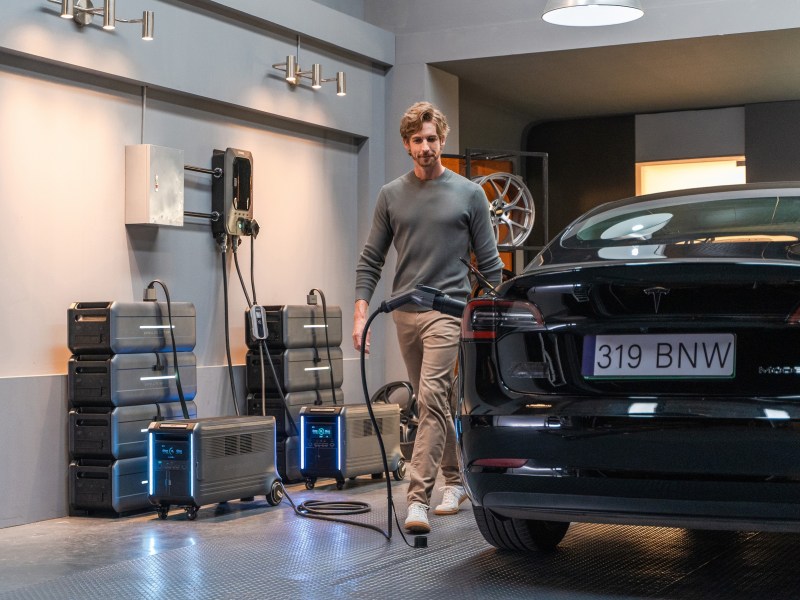
Costly battery substitute
In accordance with Auto Week, each EV bought on this nation incorporates a battery guarantee “that extends to no less than eight years or 100,000 miles.” Driving 10,000 to 12,000 miles per yr signifies that new EV house owners received’t have to fret about battery degradation for eight to 10 years. Once they do, although, electrical automotive drivers are in for an enormous invoice — between $5,000 and $10,000, in response to Consumer Reports.
Electrical batteries degrade and drop capability over time (identical to cellular phone or laptop computer batteries). Immediately, EVs lose about 2% of their vary per yr. After a battery will get to between 5 and 10 years previous, this turns into noticeable. Whereas mechanics can service EV batteries, in some unspecified time in the future, the whole battery pack will in all probability have to be changed.
Because the federal authorities continues to incentivize domestic EV production, the EV market ought to solely develop. One answer is to attend out costly gasoline costs and provide shortages. The hidden EV prices outlined above shouldn’t essentially inhibit EV consumers, however ought to inform them earlier than making such an costly, long-term funding.
Editors’ Suggestions
[ad_2]
Source_link







